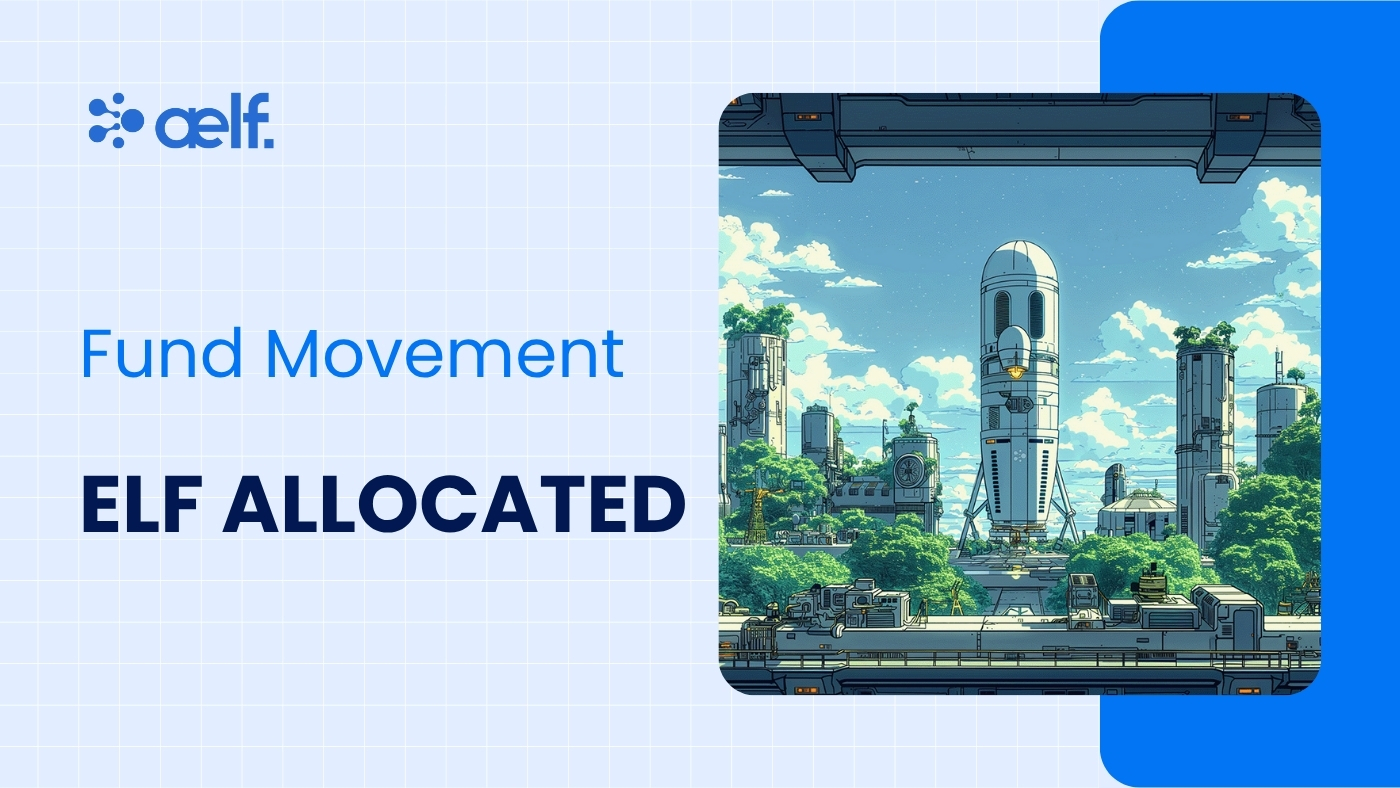Fads come and go quickly in the Web3 and crypto world. But one facet of it is proving to be more of a significant shift than fad. Users are increasingly flocking to decentralised exchanges (DEXs) from their centralised counterparts (CEXs); this trend is driven by several factors, including enhanced security, greater privacy, and the core philosophy of decentralisation.
This article explores the reasons behind this exodus, and why decentralised exchanges are gaining traction to stick.
What is a Decentralised Crypto Exchange?
A Decentralised Crypto Exchange (DEX) is a platform that allows users to trade cryptocurrencies directly with one another without the need for a central authority or intermediary. Unlike Centralised Exchanges (CEXs), which control users' assets and data, DEXs operate on blockchain technology, enabling peer-to-peer transactions with greater autonomy and privacy. This can be enhanced with blockchain and AI.
The popularity of DEXs has been on the rise, with user adoption growing rapidly. According to recent data, the total trading volume on DEXs reached over $1 trillion in 2023, marking a 400% increase from the previous year. This surge reflects the growing trust in decentralised platforms as users increasingly seek alternatives that align with the decentralised ethos of the Web3 and crypto industry.
Why Users Are Ditching Centralised Exchanges for Decentralised Exchanges
- Vulnerability of Centralised Exchanges to Hacks and Security Breaches
Centralised exchanges (CEXs) have been major targets for hackers. A prime example is the Mt. Gox hack in 2014, where 850,000 bitcoins were stolen, and more recently, the Binance hack in 2021, which saw over $40 million stolen. These incidents highlight the risks of centralised platforms for users trading crypto.
Decentralised exchanges (DEXs) mitigate this risk by not storing user funds centrally. Instead, users trade directly from their wallets, reducing the risk of large-scale hacks. DEXs also ensure that private keys remain with the users, adding an extra layer of security on the blockchain.
- Loss of Control Over Assets on Centralised Platforms
On centralised exchanges, users must deposit their assets into the exchange’s wallet, meaning they do not hold the private keys. This was evident in the collapse of FTX in 2022, where users lost their funds due to the platform's failure.
Decentralised exchanges solve this by allowing users to trade directly from their wallets. This ensures that users retain control over their assets, aligning with the principle of "not your keys, not your crypto."
- Limitations on User Access and Trading Options
Centralised exchanges often face regulatory pressures that restrict user access and trading options. For instance, some CEXs may restrict users based on location or remove tokens due to regulatory constraints.
Decentralised exchanges are less affected by such regulations, offering a more inclusive trading environment. Users from various regions can access a broader range of assets without arbitrary restrictions.
For further insights into trading options and the benefits of DEXs, check out our list of 11 Best Decentralised Exchanges. Among them, you'll find AwakenSwap, an easy-to-use, quick swapping DEX that is built on aelf's high-performance layer 1 AI blockchain.
- New and Improved User Interfaces
In the past, decentralised exchanges were often criticised for their complex and less user-friendly interfaces, which deterred many users. However, UX/UI of DEXs have seen vast improvements, making them more accessible to a broader audience. Think streamlined onboarding processes (from account creation to trading), intuitive design layouts, digestible data charts, and mobile-first user experience.
These enhancements have reduced the learning curve, even for those new to DEXs. An example of the DEX UX/UI evolution is Uniswap V3, in which the revamped interface came with a host of upgrades like streamlined swapping, enhanced liquidity provision, and improved analytics.
Comparing Decentralised and Centralised Exchanges: Pros and Cons
{{dex-over-cex}}
Future Outlook: The Role of AI in Decentralised Exchanges
As decentralised exchanges continue to gain momentum, integrating AI and blockchain technology is expected to further enhance their capabilities. AI can optimise trading strategies, improve liquidity management, and bolster security on DEXs. This synergy between AI and blockchain could create more efficient and secure trading environments, positioning DEXs as the future of cryptocurrency exchanges with Web3 and AI integration.
Now that decentralised exchanges have recorded new highs in trading volume, it reflects a broader movement towards greater user autonomy and security within the Web3 and crypto space. These advancements in AI could be the new catalyst to drive DEXs up to outmatch CEXs, using blockchain with AI.
For an in-depth look at the impact of regulatory changes on DeFi, do check out our news round-up on SEC's DeFi Rule: Impact on DeFi Dominance.
*Disclaimer: The information provided on this blog does not constitute investment advice, financial advice, trading advice, or any other form of professional advice. Aelf makes no guarantees or warranties about the accuracy, completeness, or timeliness of the information on this blog. You should not make any investment decisions based solely on the information provided on this blog. You should always consult with a qualified financial or legal advisor before making any investment decisions.
About aelf
aelf, an AI-enhanced Layer 1 blockchain network, leverages the robust C# programming language for efficiency and scalability across its sophisticated multi-layered architecture. Founded in 2017 with its global hub in Singapore, aelf is a pioneer in the industry, leading Asia in evolving blockchain with state-of-the-art AI integration to ensure an efficient, low-cost, and highly secure platform that is both developer and end-user friendly. Aligned with its progressive vision, aelf is committed to fostering innovation within its ecosystem and advancing Web3 and AI technology adoption.
For more information about aelf, please refer to our Whitepaper V2.0.
Stay connected with our community:
Website | X | Telegram | Discord


.jpg)
